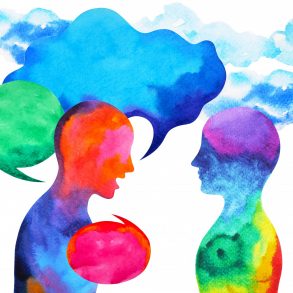We all know that getting a good night’s sleep is good for our general health and well-being.
But some studies highlight a more surprising benefit of good sleep: more feelings of gratitude for relationships.
“A plethora of research highlights the importance of getting a good night’s sleep for physical and psychological well-being, yet in our society, people still seem to take pride in needing, and getting, little sleep,” says Amie Gordon of the University of California, Berkeley.
“And in the past, research has shown that gratitude promotes good sleep, but our research looks at the link in the other direction and, to our knowledge, is the first to show that everyday experiences of poor sleep are negatively associated with gratitude toward others – an important emotion that helps form and maintain close social bonds.”
Social psychologists are increasingly finding that “prosocial” behavior – including expressing gratitude and giving to others – is key to our psychological well-being. Even how we choose to spend our money on purchases affects our health and happiness. And children develop specific ways to help others from a very young age.
Sleeping to feel grateful
A large body of research has documented that people who experience gratitude are happier and healthier. In three studies, Gordon and Serena Chen, also of the the University of California, Berkeley, explored how poor sleep affects people’s feelings of gratitude.
In the first study, people who experienced a poor night’s sleep were less grateful after listing five things in life for which they were appreciative than were people who had slept well the night before. The researchers adapted the Pittsburgh Sleep Quality Index, which measures sleep quality and number of hours slept, among other variables, to evaluate the previous night’s sleep.
In the second study, participants recorded their sleep from the previous night for two weeks and their feelings of gratitude. The researchers found a decline in gratitude associated with poor sleep, and those participants reported feeling more selfish those days.
The final study looked at heterosexual couples and found that people tend to feel less grateful toward their romantic partners if either they or their partners generally sleep poorly. “In line with this finding, people reported feeling less appreciated by their partners if they or their partner tends to sleep poorly, suggesting that the lack of gratitude is transmitted to the partner,” Gordon says.
“Poor sleep is not just experienced in isolation,” Gordon says. “Instead, it influences our interactions with others, such as our ability to be grateful, a vital social emotion.”
This information was first published in January 2013









